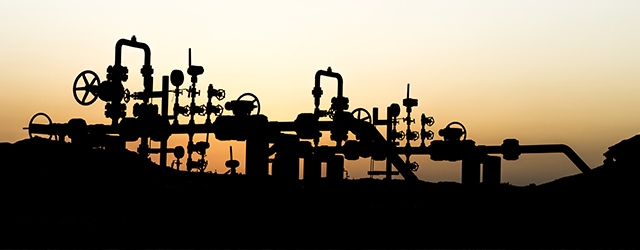Is Lebanon about to become the Middle East’s next oil and gas producer? After years of political deadlock, the government is about to reopen bids for offshore hydrocarbon exploration.

Lebanon’s reserves are part of the Levant basin, on the eastern side of the Mediterranean Sea. According to seismic studies carried out since 2002, the country has approximately 25 trillion cubic feet of offshore hydrocarbon reserves, mostly natural gas.
In 2013, the country launched a first oil and gas licensing round. More than 40 international oil companies participated in the pre-qualifications, but they were not able to bid as Lebanon then lacked a complete legal framework. At the time, the country was going through a severe political crisis. For more than two years, it was without a president and the parliament was unable to vote in laws.
The election of a new head of state at the end of 2016 put an end to the political deadlock. In January, the cabinet of ministers signed two decrees completing the legal framework needed to start oil and gas exploration.
“Today, the Lebanese government is determined to go through with the first round of oil and gas tenders in a transparent fashion,” stated Lebabon prime minister Saad Hariri during an oil and gas forum held in Beirut last March. “We are hopeful that this will bring about a new economic reality.”
By law, oil companies can explore offshore reserves during a five-year period. If they find oil and/or gas in commercial quantities, they must present a proposal to the state, which can then allow them to exploit it for 25 years.
Companies are required to pay 4% of the gas produced as royalties to the state. The remaining revenues are split between the state and the companies following proportions to be determined during the bidding phase. A new pre-qualification round closed at the end of March and the companies now have until September 15 to place their bids. The first contract is to be signed by the end of 2017, but that is only the first step in what is likely to be a long process.
“The exploration alone can last up to five years,” explains Rached Ghanem, general manager at Lampion Oil and Gas Services. “The companies will then put together a development plan and it could be a good 10 years before anything is produced.”
Even if it takes time, the oil and gas sector could be a game changer for the Lebanese economy. “As an oil importing country, we have been dependent on fuel imports to fulfil our domestic consumption,” states prime minister Hariri. “This has rendered our balance of trade highly sensitive to fluctuations in international oil prices.”
Domestically produced gas could allow Lebanon to save money on imports and improve its electricity supplies. Currently, the country doesn’t have enough electricity and suffers from daily power cuts.
Moreover, the oil and gas exploration raises hopes for employment. To ensure the energy sector benefits the Lebanese people, the Exploration and Production Agreement forces oil companies to hire 80% Lebanese staff and give preference to local goods and service providers.
But some in Lebanon worry that the extra revenues generated by the energy sector could have a negative impact on the economy. “We do not know what the state will do with the money collected,” says Jad Chaaban, associate professor of economics at the American University of Beirut. “If it is not well spent, there is a high risk of inflation.”



